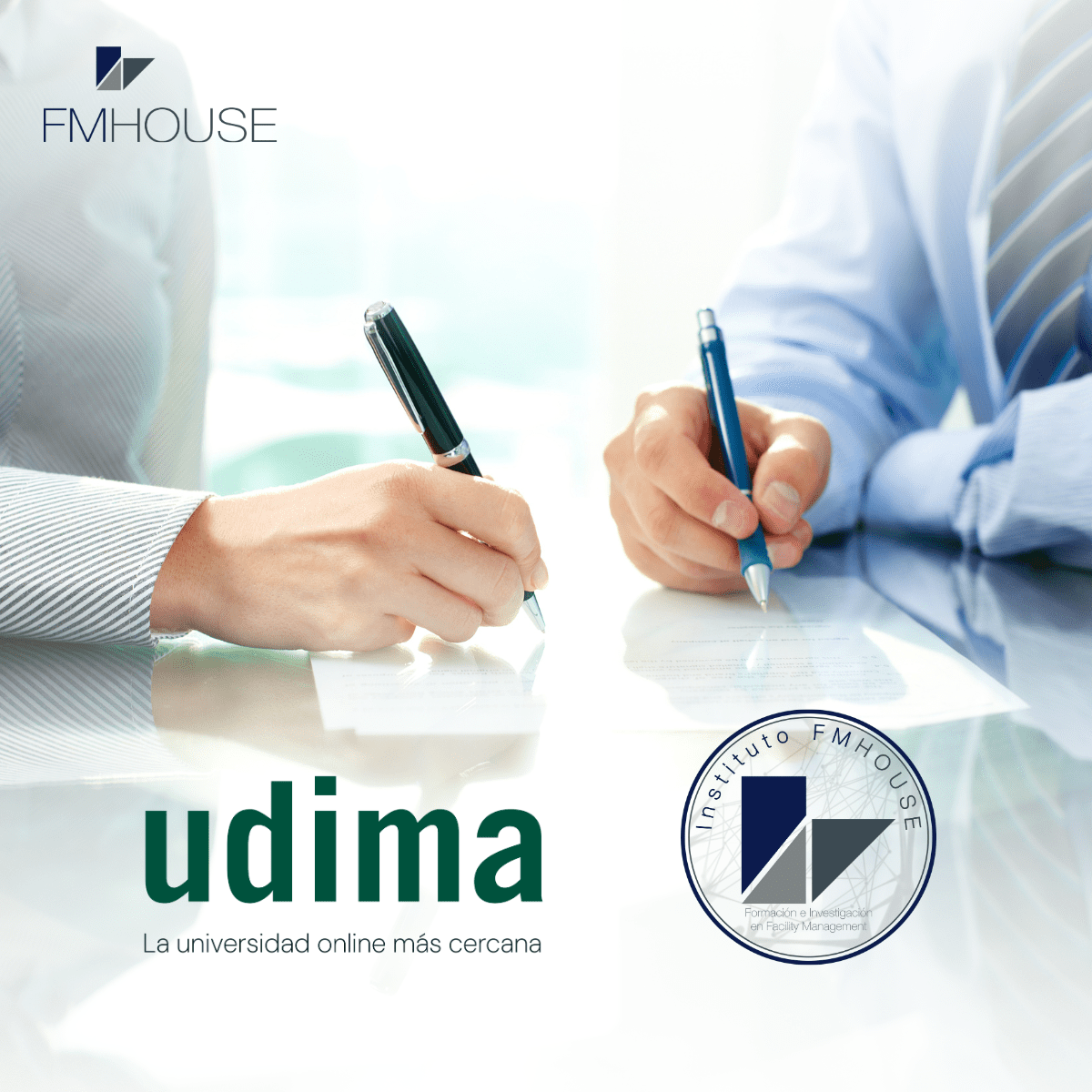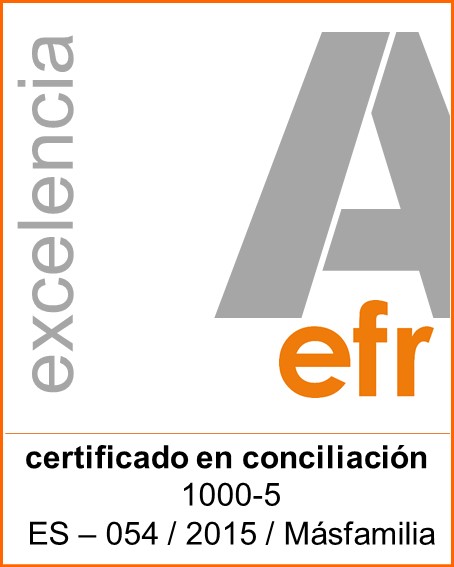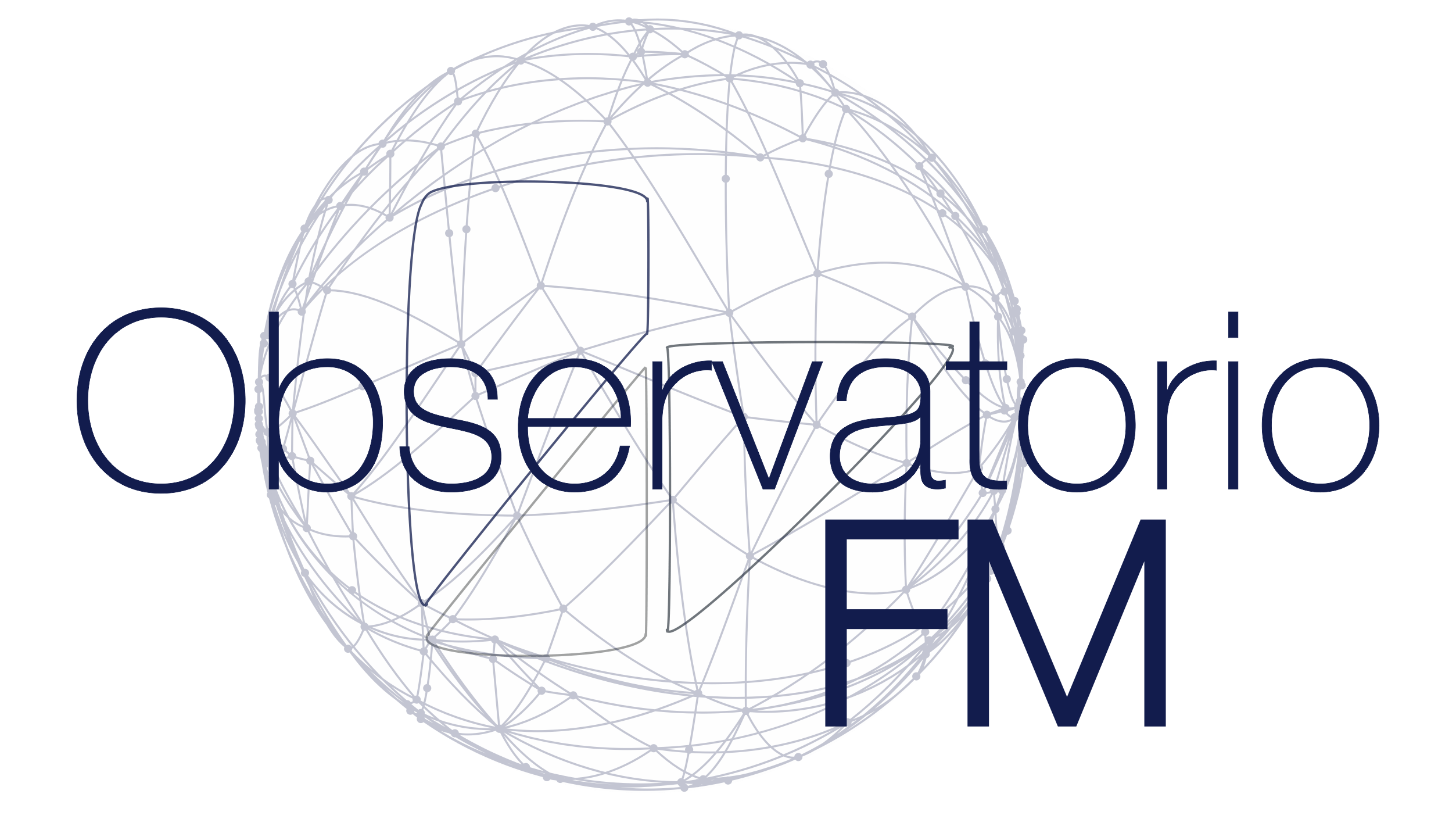While the term is not a recent creation, applying it to Facility Management is a response to pursuing ways to award the discipline visibility and recognition. Endowing FM with appealing adjectives can generate interest in sectors or groups which until now have not been paid due attention.
The Triple Bottom Line
In order to make a valid adaptation, it is essential to understand what the theory is based on, i.e., to know what Triple Bottom Line (or TBL) represents for companies. The concept is linked to the promotion of a sustainable economy which prioritises three aspects of business; not only the obvious financial component, but also the environmental and social factors. When an organization integrates a TBL-oriented policy, it will attempt to maximise financial profit without neglecting the social or environmental considerations, while simultaneously seeking to eliminate, or reduce to the greatest possible extent, the negative impact on these facets.
It is worth mentioning that Robert Kaplan, who, for those who may not know, is one of the creators of the Balance Score Card (BSC), so widely used in business, states in his latest research study that implementing a TBL is more effective and measures results more effectively than using the ESG approach, which is currently so popular. Kaplan states that TBL is like ESG but without the G. He points out that it has a social and environmental focus while factoring in a company’s own economic objectives. How the management of each aspect is measured is very different and therefore it may not lead to measurable results, since the measurement performs as a process. In any event, this is the basis of the analogy we are advocating.
Our interpretation
The idea emerged during a consulting project, while sorting different factors to define the best FM strategy with a clear business policy based on the TBL. This is when the idea arose: why not devise our own approach, but with 3 components of the model? We decided to prioritise people, but without losing sight of the sustainable side, while integrating technology as the main lever. The three components must coexist and none of them can be omitted, ensuring a viable and long-lasting equilibrium over time.
The first key point is that TBL applies to companies and here we want to extrapolate it, albeit in other terms, to a single area, specifically the FM department. This means that the emphasis is no longer on the business itself, but rather on the support required, with all its consequences. If you consider the perception of those who use or “inhabit” a space as a priority without overlooking the remaining factors, we are referring to people-centred models. This idea is not new either; we addressed it in 2016 (watch video), expecting this approach to be common practice today.
The sustainable component has been rising through the ranks of FM’s priorities, while general awareness and the legislation surrounding it concurrently grows. It is imperative to define policies, or at least procedures which regulate the functioning of the area and the conduct of external suppliers. If we could also offer solutions to reduce the impact, or propose measures that help achieve the overarching goal, we would further strengthen the rationale behind including it as part of our TBL.
Finally, technology is no longer an option but an obligation. We might say that, just as we cannot conceive running a company without the use of computers, it is hard to imagine an advanced FM model without a technology layer that receives and processes data, acts more or less intelligently, and provides the best information in real time to aid decision-making. The traditional reporting model, understood as a set of documents, is obsolete.
The event
The new concept of the Triple Bottom Line in FM will be the theme of the CIFMERS 22nd September congress. The 3 components will be grouped two by two in three conference blocks; people and sustainability, sustainability and technology, and technology and sustainability. One of the objectives, apart from dissemination, is to test the validity of the proposal in order to create a white paper or document to promote and use the concept. Those who cannot come to Madrid will be able to connect to the online webcast. For more information and to register, click here.
Hopefully, this approach will encourage the upper echelons in the business community to take a little more interest in what we do and allow us to gain visibility and recognition.
David Martínez









